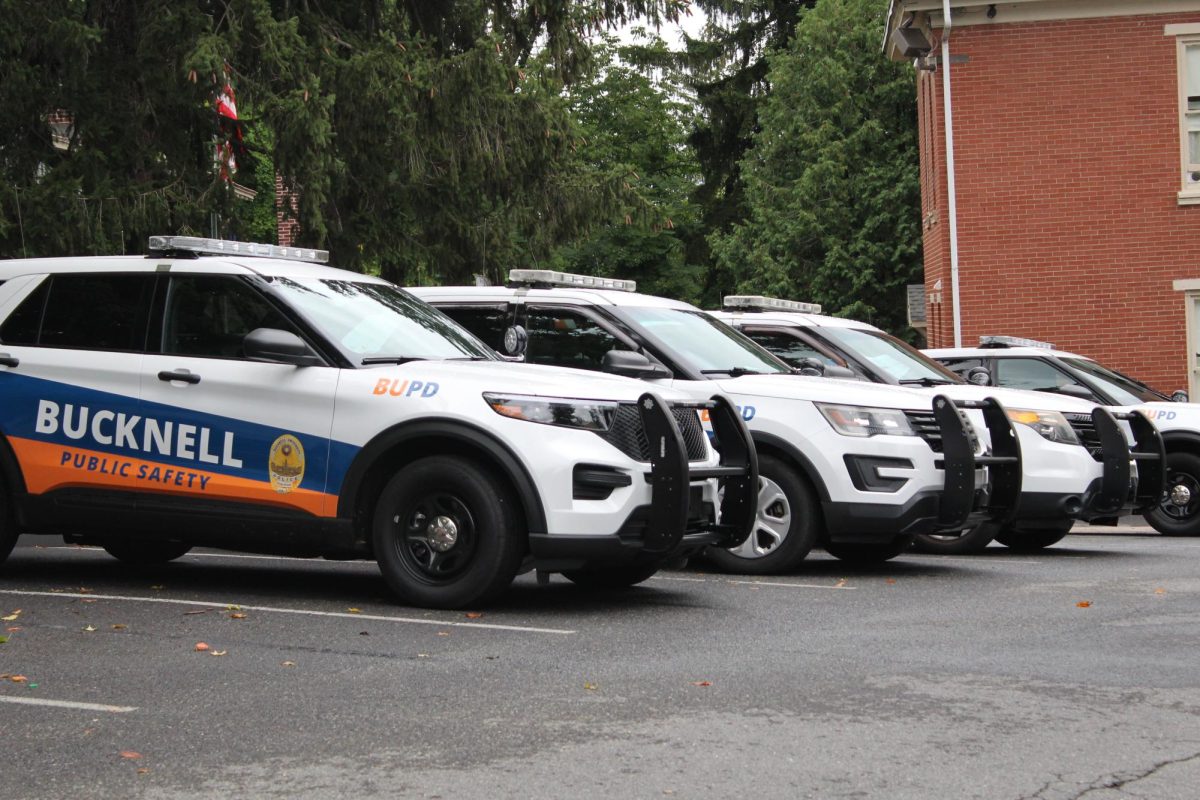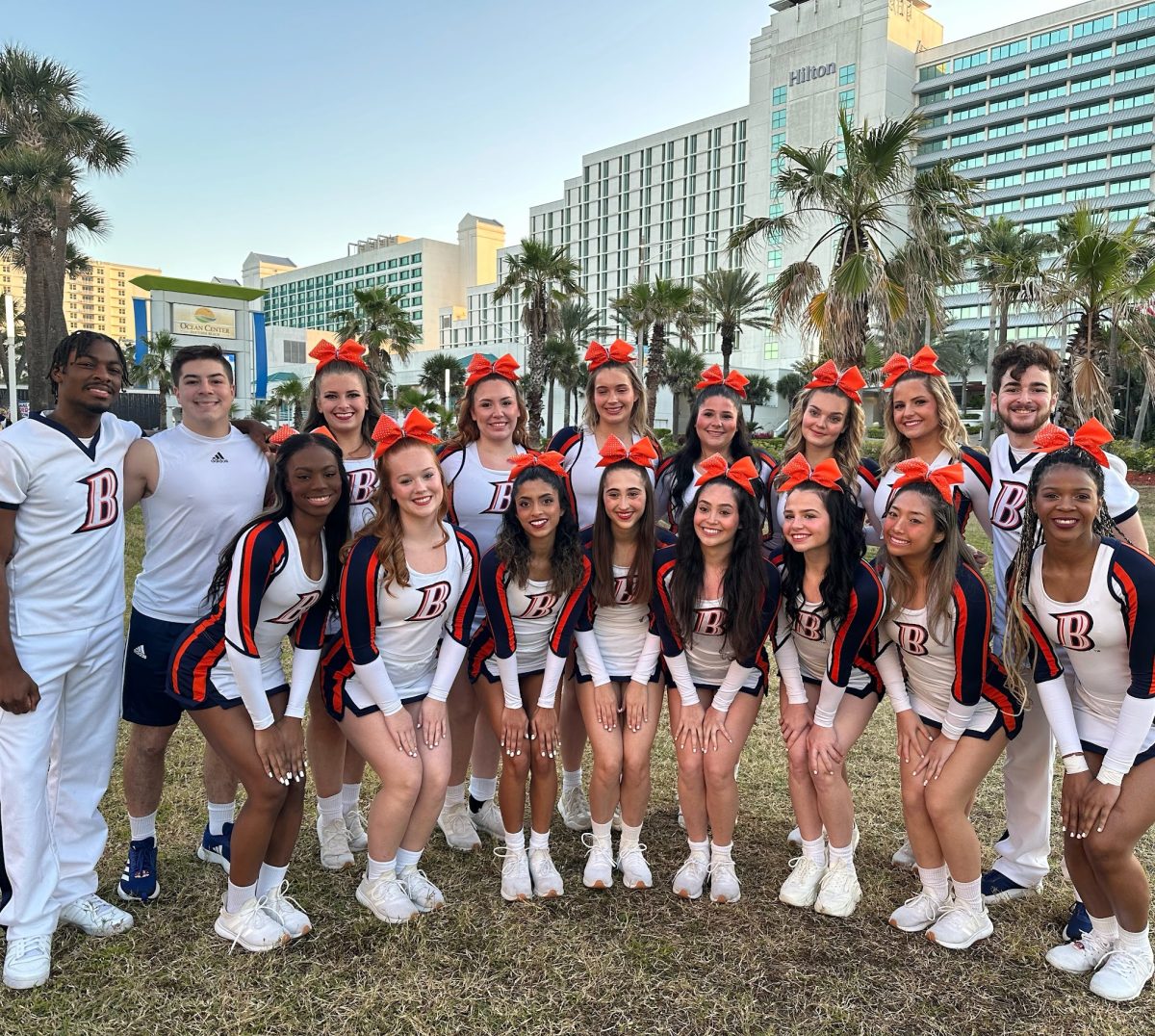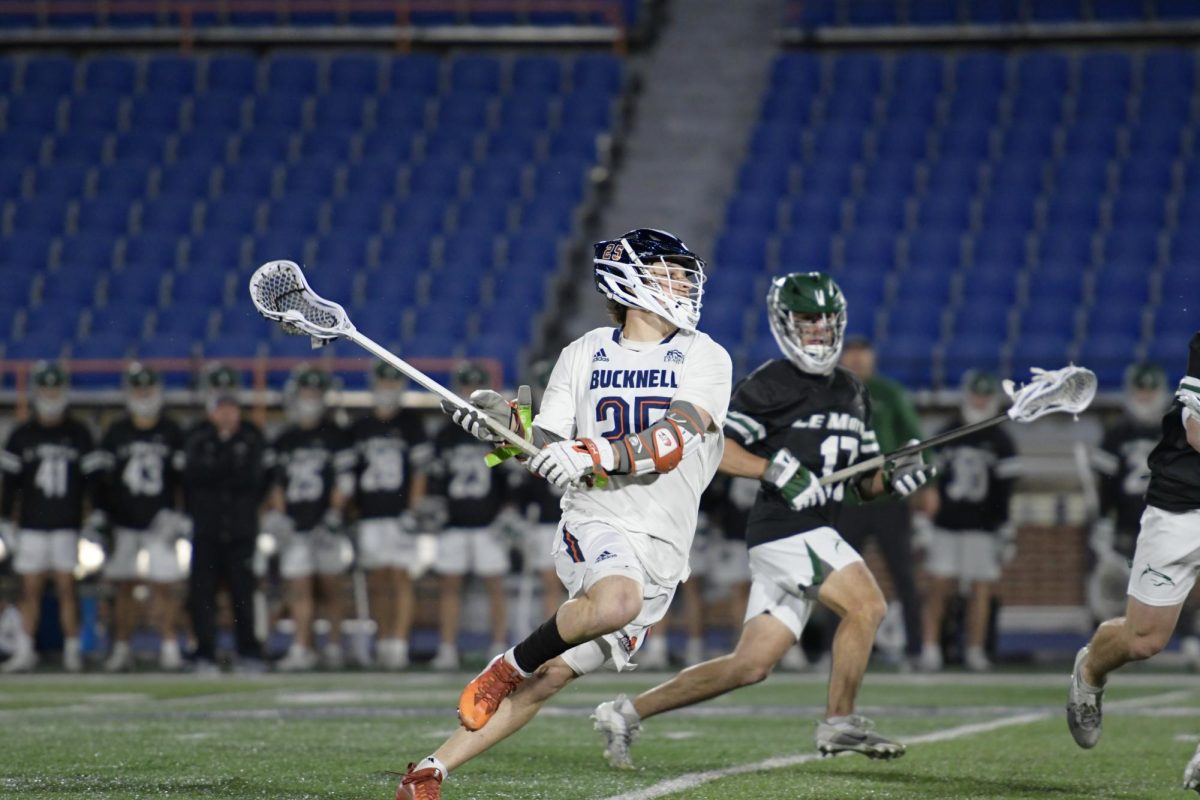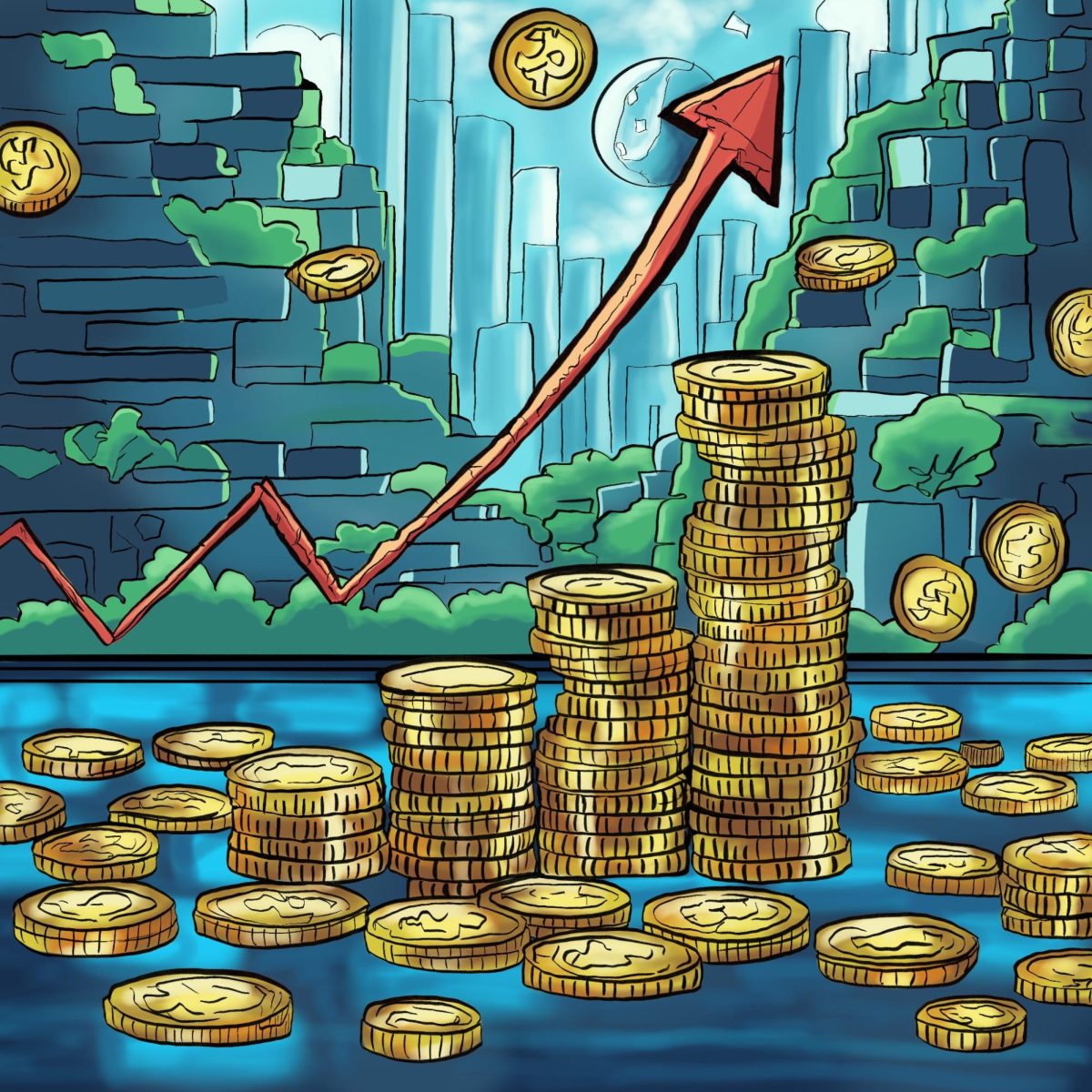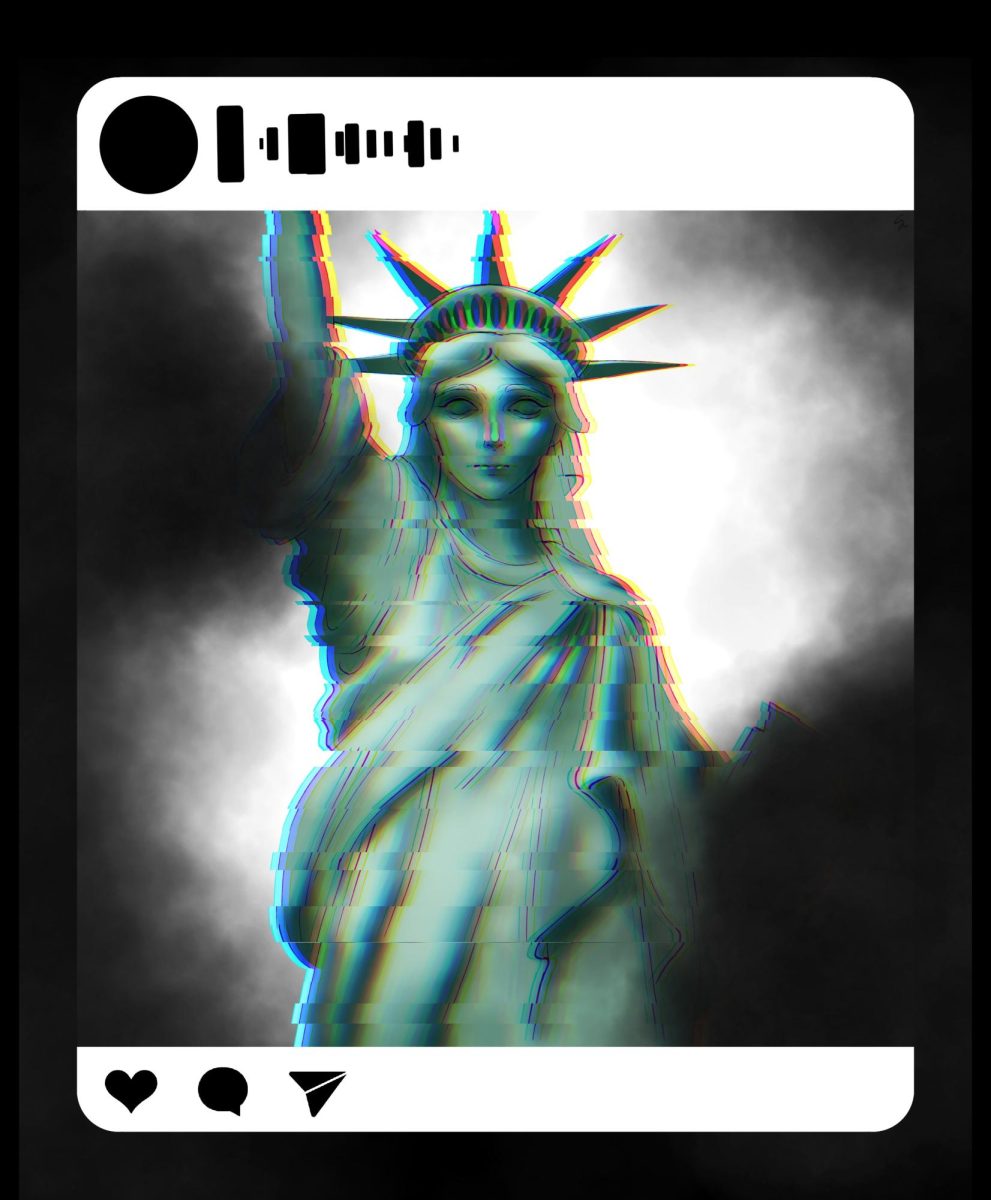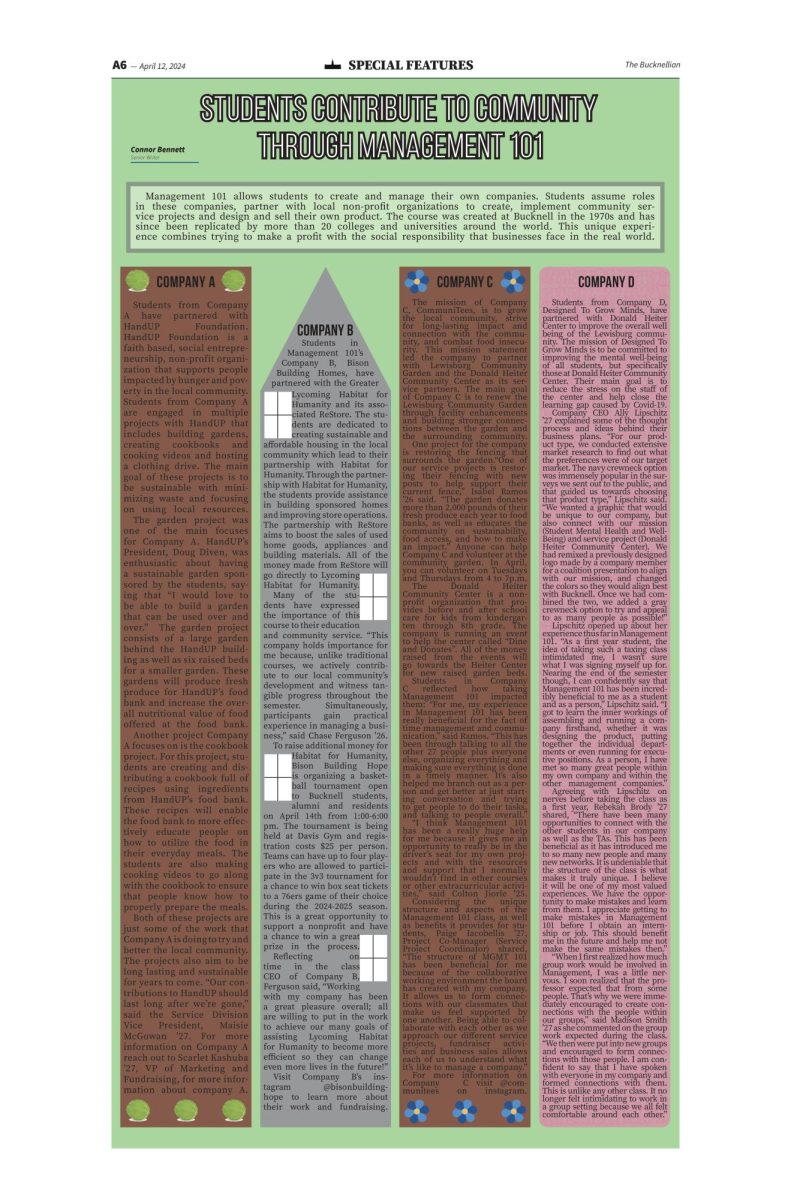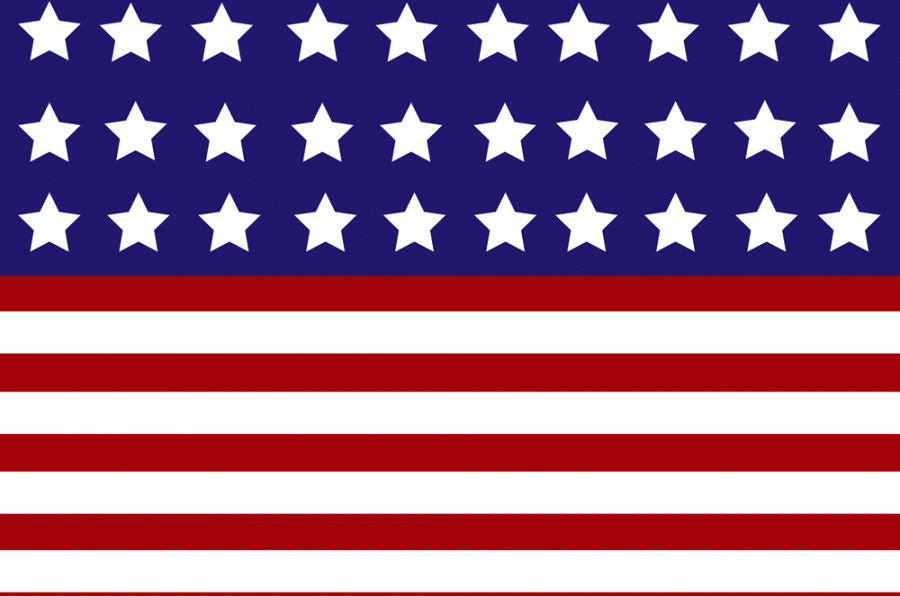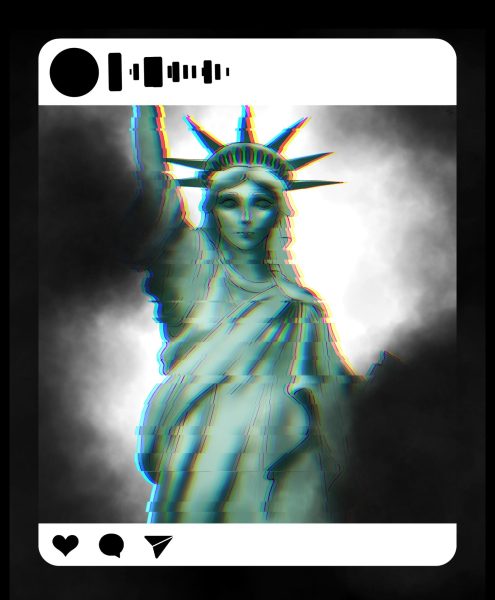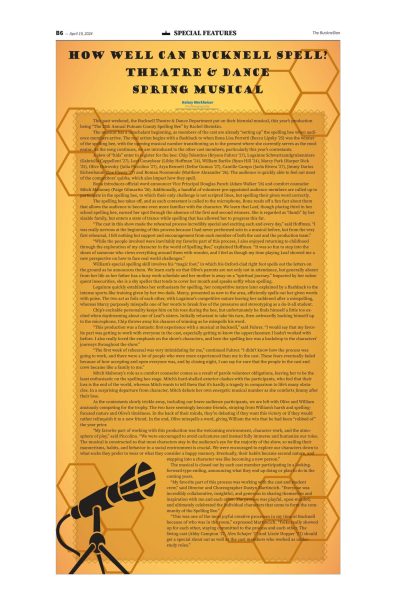The influence of money on the Republican party
February 11, 2016
The 2016 election cycle has shared an overarching theme for both political parties: the influence of money in politics. It is not a recent phenomenon: the billionaire Koch brothers have been secretly donating to conservative causes since the late 1970s. During the 2012 presidential election, candidates Barack Obama and Mitt Romney hit the $2 billion campaign milestone. Obama was the recipient of the highest recorded amount of money coming from Wall Street firms during the 2008 cycle.
The oddities surrounding this election stem from the Citizens United v. Federal Election Commission Supreme Court Case in 2010, which permitted unlimited, anonymous donations towards political action committees (PAC) in the form of super PACs—more substantive versions of historical PACs.
Immediate backlash arose from journalists, academics, and politicians criticizing that this ruling enabled corporate and private interests to exert more influence on campaigns nationally—in effect beholding politicians to their interests first. While both sides have drawn incredible amounts of money from these groups, there is a disproportionate amount going toward conservative super PACs backing Republican candidates, the party that has historically favored looser regulations and restrictions on corporations.
Until very recently, candidates were bound to their parties in such a way that the central party organization was the main avenue for obtaining campaign funding, reaching the public, and exerting influence in the government once elected.
Now that money is no longer a limiting factor—as well as the increasingly large role that social media is playing in the political sphere—many people running for office have begun to cultivate private images outside of the party. This is especially evident with Donald Trump and Ted Cruz, both of whom have run under the pretext of being anti-establishment.
The problem extends further, creeping its way into congressional elections as well as local and judicial elections. The Freedom Caucus, the group of approximately 40 Republican congressmen who forced former Speaker John Boehner to resign in October 2015, is a prime example of this phenomenon. By garnering influence from outside the party, they have moved further toward the extreme.
This effect was more than evident in the Republican primary debate on Feb. 6 where Chris Christie and Jeb Bush, both of whom lost significantly in Iowa and are polling at 3 percent and five percent nationally, respectively, are still on stage as though they were legitimate contenders. In Bush’s case, his super PAC, Right to Rise, is valued at over $100 million despite his poor performance. Whereas Christie has since suspended his campaign after a disappointing finish in New Hampshire, Bush is still running without any concern for his national standing.
The general consensus was that Citizens United v. Federal Election Commission would open the floodgates to the Republican Party to lap up as much corporate money as possible. While that may be occurring at the state and local level (which is a separate, concerning issue entirely), it is clear that at the national level, the case is having a very detrimental effect on the party.
While money has come to dominate this election cycle, it is evident that it is not the sole source of political power. The national Republican image has been distorted by the influence of money, and it will be interesting to see who is selected to be the final candidate. Regardless, that person will have to perform a feat that Romney failed to do in 2012: reunify a party that has been collapsing under increasing external pressure.

